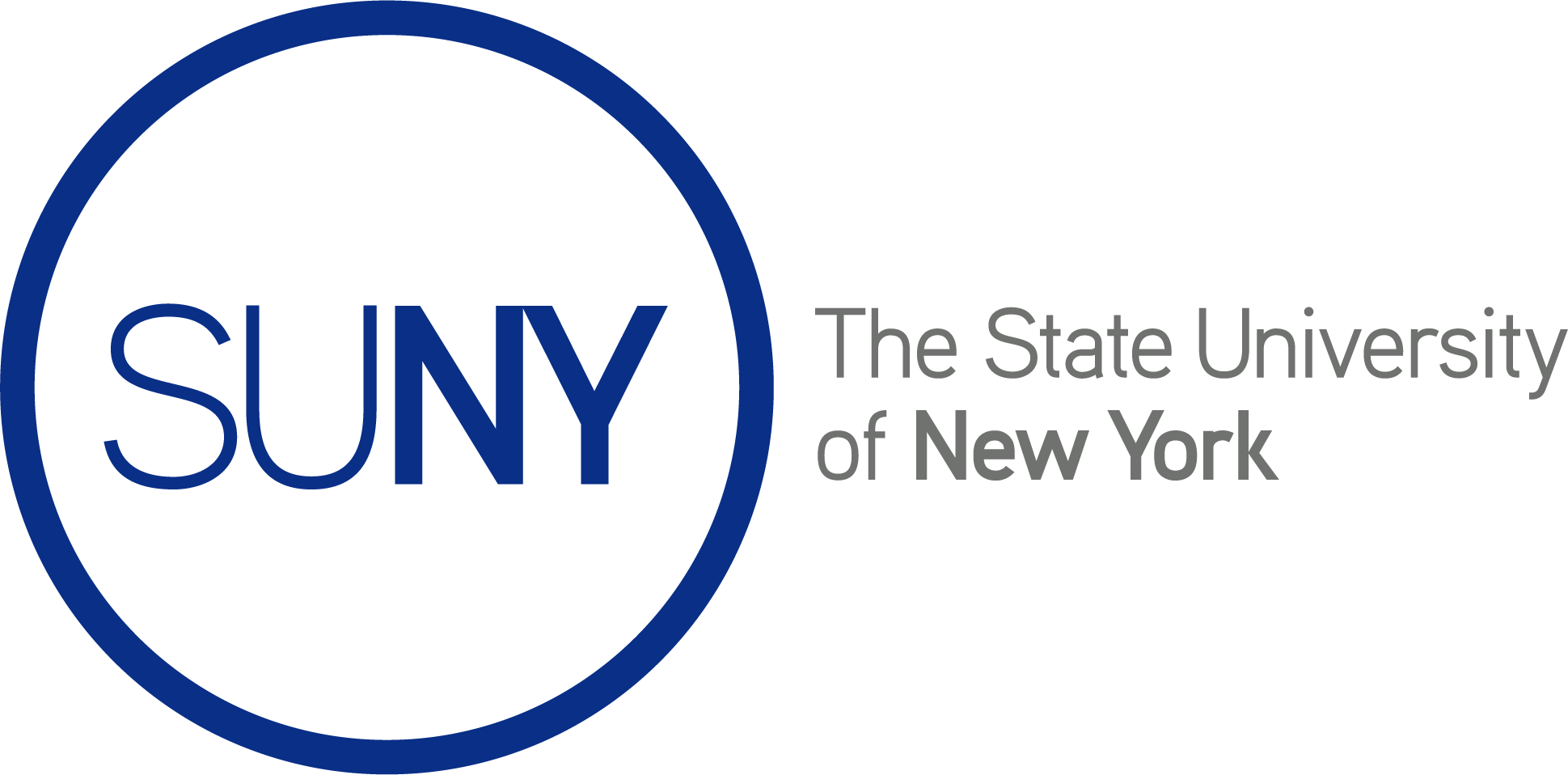Read the op-ed article below, published in the Washington Times, on August 12, 2020, written by Assistant Professor of Sociology Stacy Torres, from the University of California at San Francisco.
My name is a compromise. My story is not.
I can’t correctly pronounce my last name, but I take comfort in it. My mixed-up Anglo-Hispanic name encapsulates my family’s journey, our struggles and our aspirations.
My name is also compromise.
My name speaks to my parents’ desire to give their American-born child the best shot at a good life. My mother wanted to name me Pilar. My father didn’t want a Spanish first name, fearing the discrimination he had faced, and instead campaigned for Jessica. They compromised on Stacy.
Stacy always felt like the name of a more-popular girl, fitting for Barbie’s sporty little sister, but not for a wallflower like me. Russians and Greeks I’ve met always like my name, a diminutive of Anastasia, meaning “resurrection.” But Spanish speakers such as my dad can trip over the pronunciation (Ess-tacy) or confuse it with “Daisy.”
Dad also wanted to change our surname. But my German-Polish mother objected. “She’s going to make people proud of our name one day,” she said. Growing up I longed to knock off the “S.” Maybe I could pass for Italian. I didn’t like being asked where I was “from.” One day I got pulled out of class in my New York City public school to take an English proficiency test with a few others with Spanish surnames. I didn’t even speak Spanish.
My father hadn’t expected to stay here. He eventually obtained a green card through his marriage to my mother, but earlier he had brushes with immigration authorities. Compared to today’s ICE raids, separated families and detention-center deaths, the twists in my father’s story seem almost comical. He recounts them as high jinks. In one particularly close call while working at the Brooklyn Navy Yard, immigration released him after his foreman pleaded his case.
“He defended me. He told them, ‘He’s a good worker,'” Dad explains. It’s difficult to imagine this outcome now. If they hadn’t let my father go, I wouldn’t exist.
I began to make peace with my hybridness in college. My mentor at Fordham University (“El Profe”) introduced me to a treasure trove of Caribbean and Latin American literature. With patience and good humor, Profe corrected my Spanish pronunciation. I still couldn’t roll my R’s, but I soaked up stories that chronicled dislocation, political turmoil, exile and the legacy of colonization. I’d never traveled to Chile, but the stories of the great Latin writers – Gabriel Garcia Marquez, Julio Cortazar, Alejo Carpentier, Isabel Allende, Clarice Lispector, Reinaldo Arenas, Pablo Neruda, Jorge Luis Borges and more – brought me closer.
These stories give me courage now, but not as much as my father’s stories do. “This is not fiction; I lived this,” Dad punctuated a recent one. Before he left Chile, he worked in salitre mines in the Atacama Desert. “I wanted to leave while I was still young,” he says, to avoid the silicosis that destroyed the lungs of older workers. He tells me of how the men in the mines taught him to avoid the mistakes that could cost you your life. He tells me about one old man named Roberto who made rainbow belts from the plastic tubes over the wires hooked to the dynamite they used to blast the earth. My dad saw a lesson in this: how to take hardship and turn it into something beautiful. My father tells me: “We are strong people. And smart, very smart.”
Now, a stroll around San Francisco’s heavily Mexican and Central American Mission District cures homesickness whenever I miss my father in New York or long to hear Spanish. I pass the Chilean delicatessen on 16th Street, open just for takeout, and recall how Dad’s hilly hometown, coastal Valparaiso, is called the “San Francisco of Chile.”

“San Francisco – Mission District: Balmy Alley – A Tribute to Archbishop Oscar Romero” by wallyg is licensed under CC BY-NC-ND 2.0.
My mother, whom I lost more than 20 years ago, finds me on these walks, too. On a corner occupied by a taqueria, a short street bears a version of her name: “Weise.” The sign reminds me of the Irish, Italian and German immigrants living on these streets who helped rebuild the city after the Great 1906 Earthquake. Gentrification threatens to shunt aside the Mission’s Latin residents, and now covid-19 hangs over their heads like a sword of Damocles.
In this city that has historically welcomed misfits and immigrants, friendly spirits of past and present greet me around each corner. Here I embrace the liminal space I’ve always struggled against. By not quite fitting in anywhere, I belong in multiple ways.
– – –
Torres is an assistant professor of sociology at the University of California at San Francisco.
Reference
Torres, S. (2020, August 12). My name is a compromise. My story is not. Washington Post.
QUESTIONS TO THINK ABOUT:
- What does your name reveal about your identities? What do they hide?
- What is the relationship between your name and your cultural identities?
- What does your name suggest about the degree of freedom you have in society?
- What parts of your identities do you choose for yourself?
- What parts are chosen for you by others or by society?
ANOTHER INTERESTING STORY: The power of reclaiming my Asian name
“It is through our names that we first place ourselves in the world. Our names, being the gift of others, must be made our own…They must become our masks and our shields and the containers of all those values and traditions which we learn and/or imagine as being the meaning of our familial past” –Hidden Name and Complex Fate by Ralph Ellison–



